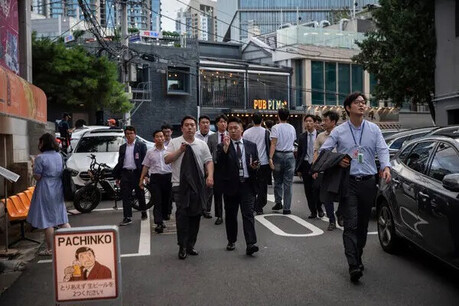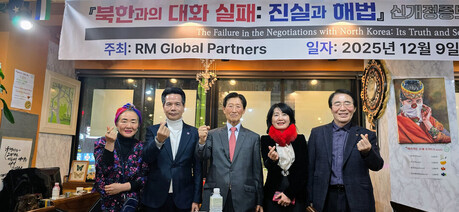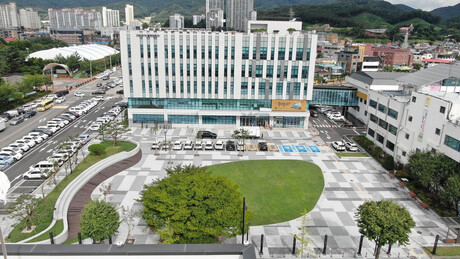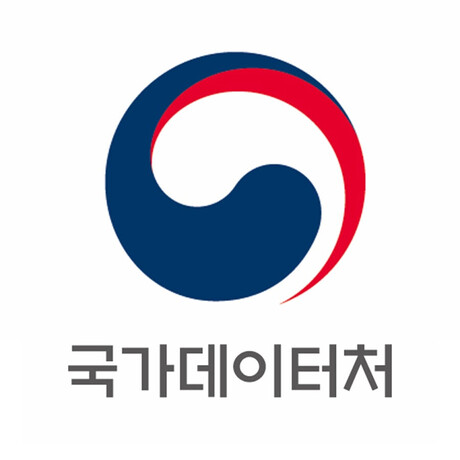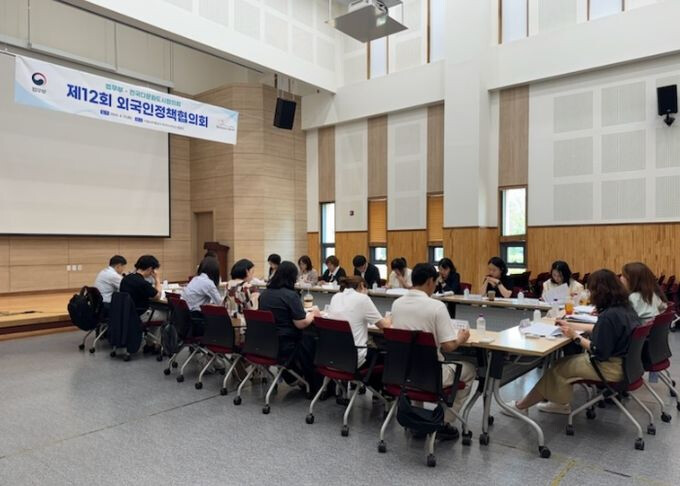
SEOUL, South Korea – The National Multicultural Cities Council (NMCC), chaired by Gimpo City Mayor Kim Byung-soo, and the Ministry of Justice convened their 12th Immigration Policy Consultative Meeting on June 17 at the Seoul Southern Immigration Office auditorium. This vital gathering serves as a direct communication channel between the central government's primary immigration policy authority and local governments grappling with the realities of an increasingly multicultural society.
The meeting, held bi-annually since the signing of a Memorandum of Understanding (MOU) between the NMCC and the Ministry of Justice in 2019, brought together representatives from the Ministry and officials from six cities and districts, including Gimpo City, the current chair of the NMCC. The discussions focused on a range of crucial issues impacting foreign residents in Korea.
Key policy proposals from the Ministry of Justice included the implementation of " 찾아가는 조기적응 프로그램 시행 (Visiting Early Adaptation Programs)" for students from immigrant backgrounds and children of Korean compatriots (dongpo). Additionally, they emphasized " 사회통합교육 체계 개편을 통한 중도입국청소년 교육 강화 (strengthening education for mid-term entry youth through reform of the social integration education system)." These initiatives aim to provide comprehensive support for the educational and social integration of young immigrants, ensuring they can seamlessly transition into Korean society. The "Early Adaptation Programs" are particularly noteworthy, as they represent a proactive approach to address the unique challenges faced by newly arrived individuals. The reform of the social integration education system is designed to create a more robust and responsive framework for all foreign residents, with a specific focus on supporting youth who enter Korea at various stages of their development.
The NMCC also presented practical agenda items based on local government experiences. These included requests for the Ministry of Justice to provide more detailed statistics in its monthly statistical reports and to expand the issuance of " 외국인등록사실증명서 (Certificate of Alien Registration)" and " 출입국사실증명서 (Certificate of Entry and Exit)" through unmanned civil application kiosks. These proposals aim to enhance convenience for foreign residents and improve data accessibility for local authorities, which are critical for effective policy implementation and service provision at the grassroots level. The ability to obtain official documents more easily via self-service kiosks would significantly streamline administrative processes for foreign residents, reducing the need for in-person visits to immigration offices. Furthermore, more granular data from the Ministry's statistical reports would enable local governments to tailor their policies and allocate resources more effectively to meet the specific needs of their foreign resident populations.
Both sides acknowledged the pressing need for the proposed policies and committed to close cooperation. Jin Hye-kyung, Director of Welfare for Gimpo City, affirmed the NMCC's dedication to fostering an inclusive environment. "The National Multicultural Cities Council will actively collaborate on the promotion of inclusive and effective policies to ensure foreign residents can settle stably within local communities and grow together without discrimination," Jin stated.
The meeting underscores the growing importance of collaborative governance in South Korea's evolving multicultural landscape. As the number of foreign residents continues to rise, estimated at approximately 2.6 million nationwide by the Ministry of Justice in 2024, direct communication and shared policy development between central and local authorities are crucial for achieving successful social integration and building a truly cohesive society. This ongoing dialogue between the Ministry of Justice and the NMCC is vital for developing and implementing policies that address the diverse needs of foreign residents and promote a harmonious multicultural society across South Korea.
[Copyright (c) Global Economic Times. All Rights Reserved.]

















